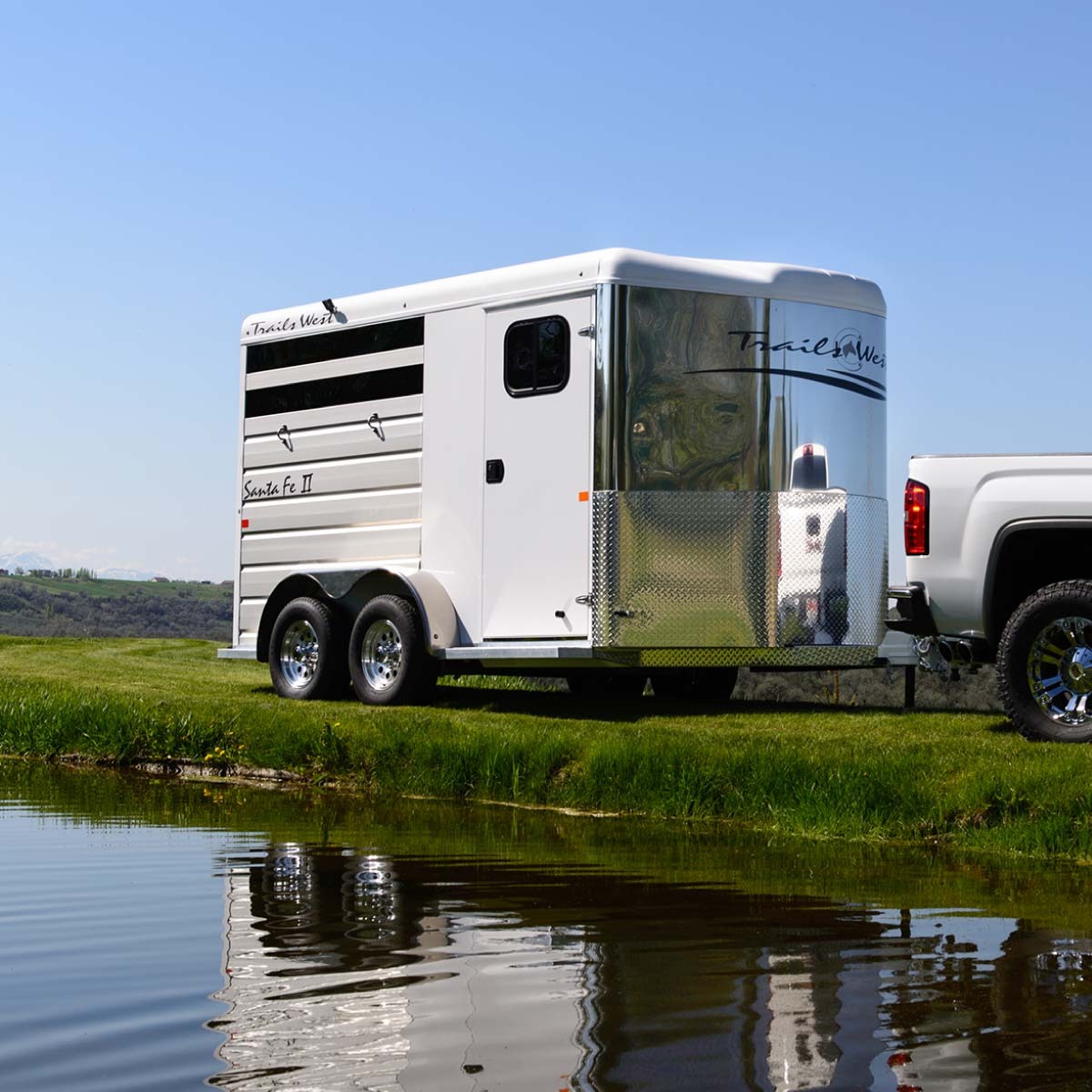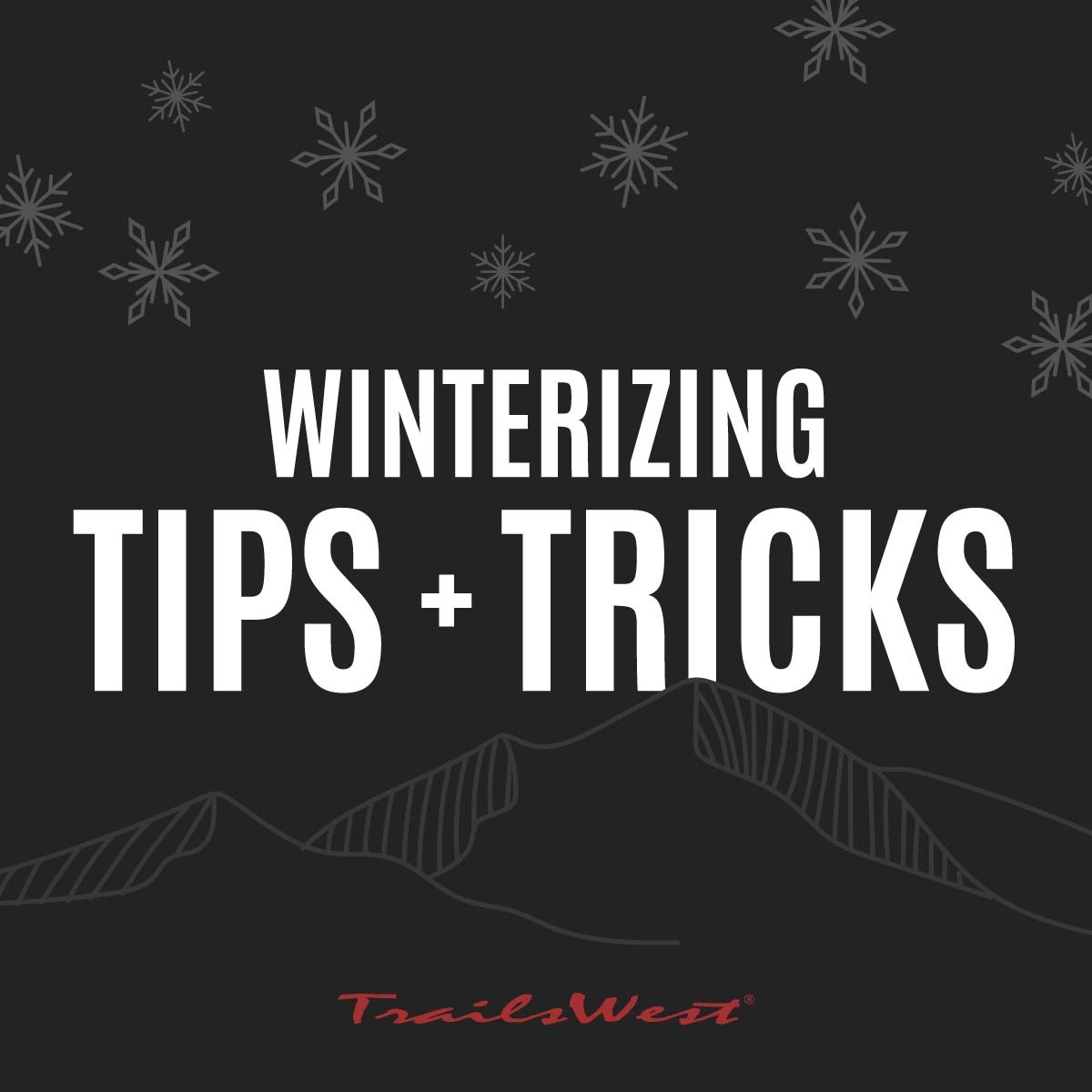Long Distance Traveling With Your Horse

Taking your best friend with you on the road is one of life’s greatest pleasures, especially the ones who are physically unable to backseat drive. Since our horses can’t talk for themselves, we need to be extra prepared when we travel long distances with them. Here are some tips to make your trip stress free.
Plan in Advance
You know your horses best, so plan around what works best for them. Most experts agree that a 12-hour day (with plenty of stops) is the maximum amount of hours your horse can travel in a horse trailer. Make sure you have horse-friendly accommodations set up in advance so you don’t have to travel longer than necessary. A 30-minute stop (not necessarily unloading) is recommended every 4 hours. Inspect the trailer’s floor during these stops to determine if a quick cleaning is in order to keep a smooth surface to stand on and odors to minimal.
Feed and Water
If you are able, try to bring your own hay, grain, and water for the duration of the trip, though this could be unrealistic depending on how long you’ll be gone. But horses are like small children and prefer their food exactly the way they are used to it, so haul as much as you are able. Water should be offered at every four-hour stop. A water caddy in the trailer that has been filled up at home is a great way of encouraging horses to drink on the road, especially since it will be water they are already used to.
No Clothes Needed
Resist the temptation to wrap your horse up in extra material. Remove blankets, coolers, and even scrims or anti-sweat sheets. If it’s hot and your horse is an experienced and stable traveler, you can probably forego protective boots or bandages on his legs. The more of his skin that’s exposed to the air, the better off your horse will be.
First Aid Kit
Hopefully, you never have to use it but it is imperative to travel with a First Aid kit. Your kit should include items like a thermometer, bandage material, and wound-treatment supplies. It should also include necessary medications like Banamine, antibiotic ointment for wounds, and electrolytes. Consult your vet for a complete list of recommendations.
Know the Rules for Crossing State Lines
Certain states have different requirements when it comes to proving your horse’s health. Typically, the most common requirements are a Health Certificate, Brand Inspection and a negative Coggins test. Since states aren’t required to post notice on changing requirements, it’s best to be prepared and travel with these documents






